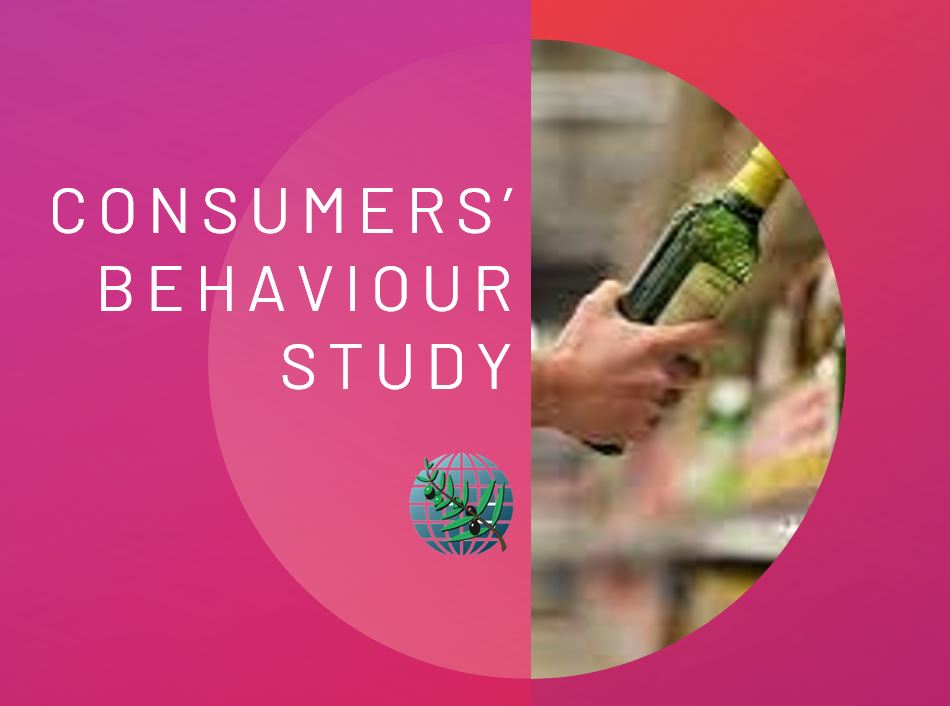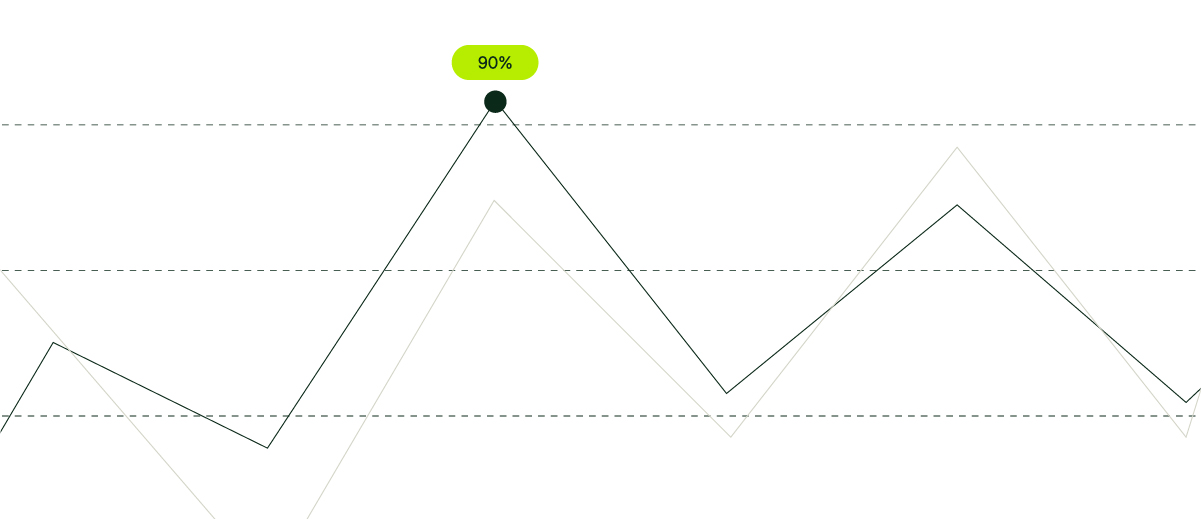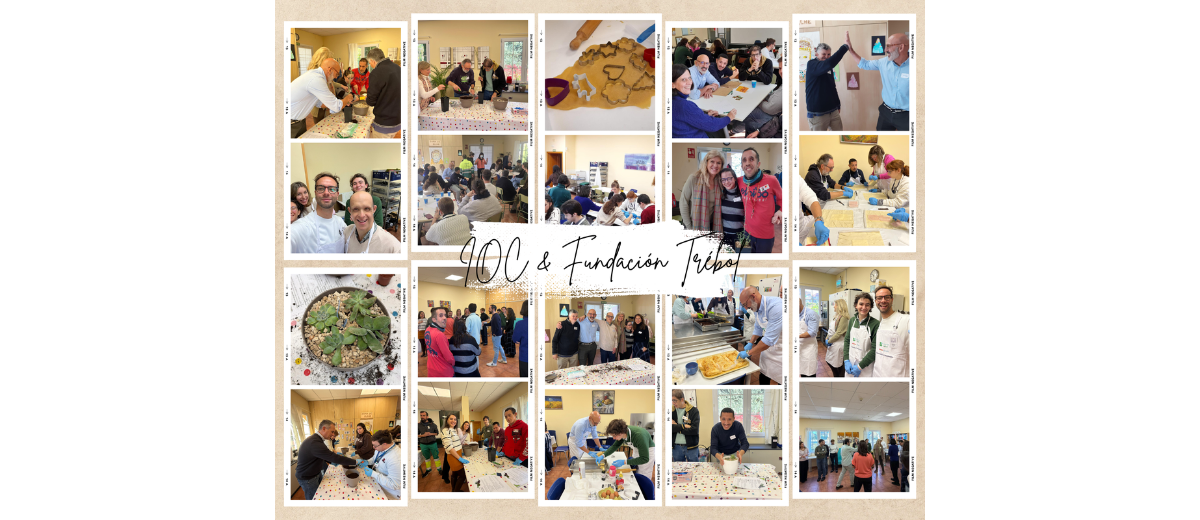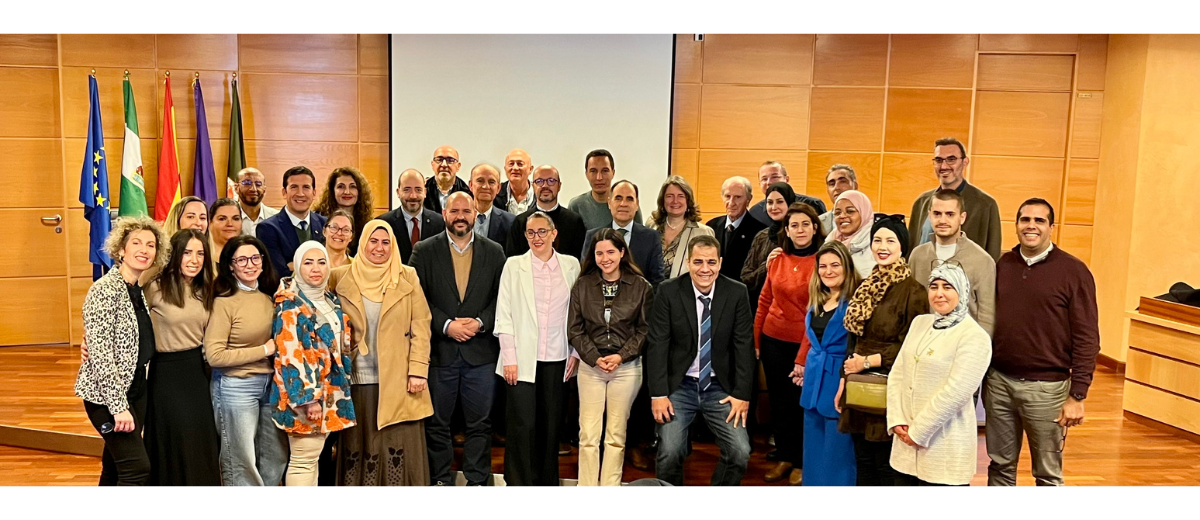 The IOC’s Executive Secretariat is conducting since 2020 a survey on consumer behaviour regarding the consumption of virgin olive oil category in some producing and consuming countries. The aims of this interesting research are indicated below.
The IOC’s Executive Secretariat is conducting since 2020 a survey on consumer behaviour regarding the consumption of virgin olive oil category in some producing and consuming countries. The aims of this interesting research are indicated below.
1. To analyse the changes and trends in the consumption of olive oil in IOC member countries compared with other edible oils and fats to determine whether consumption has fallen in olive oils only, or whether there has been an overall reduction in the consumption of fats. As far as possible, the analysis is carried out according to the type of olive oil (EVOO, VOO and OO). Factors of change in eating habits, especially those affecting consumption patterns, will also be examined.
2. To analyse consumer behaviour with regard to edible oils and fats in general, and olive oil in particular,
in IOC member countries to determine:
- The domestic use of olive oil (consumer households, non-consumer households, households usingexclusively olive oil, households using both olive oil and sunflower oil, etc.)
- Reasons not to use olive oil.
- Oils and fats used according to the objectives (frying, salad dressing, deep-frying, baking, stewing,etc.).
- The reasons for buying or using oils and fats for each purpose.
- The image or perception of olive oils according to the qualities or advantages sought in the purchase/ consumption (price, quality, health, environment, taste, etc.).
- Points of sale and purchase terms, use of information and communication technologies.
- Brands.
- The level of knowledge of the different types of olive oil on the market.
- Sources of information on food in general and olive oil in particular. Consumer’s sensitivity to price, what they are willing to pay.
- Market segments according to sociodemographic and psychographic variables.
- The intention to repurchase when the consumer has stopped buying oil.
The study is ongoing. In the year 2020 covered Spain, Italy and Greece, countries where consumption has fallen sharply. In 2021, it covered Argentina, Egypt, Tunisia and Jordan. In 2022, the study will be completed and other countries will be studied.
For further information you can reach this link: https://www.internationaloliveoil.org/what-we-do/economic-affairs-promotion-unit/











